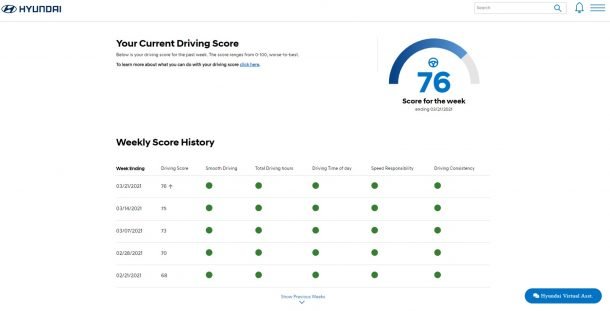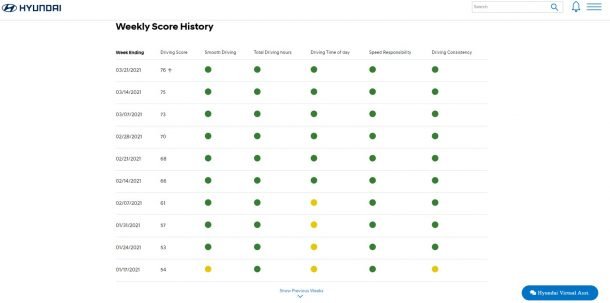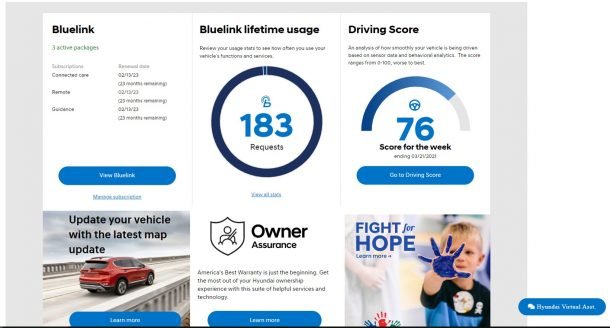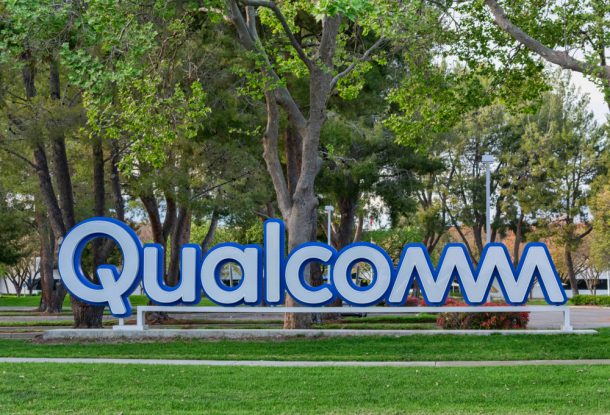<img data-attachment-id="1732976" data-permalink="https://www.thetruthaboutcars.com/2020/08/cash-in-your-chips-automakers-ask-ftc-to-seek-appeal-after-losing-qualcomm-case/shutterstock_1369505351/" data-orig-file="http://greatoldtrucks.com/wp-content/uploads/2020/08/cash-in-your-chips-automakers-ask-ftc-to-seek-appeal-after-losing-qualcomm-case-5.jpg" data-orig-size="1000,681" data-comments-opened="1" data-image-meta="{"aperture":"0","credit":"","camera":"","caption":"","created_timestamp":"0","copyright":"","focal_length":"0","iso":"0","shutter_speed":"0","title":"","orientation":"1"}" data-image-title="Qualcomm sign" data-image-description="
Michael Vi/Shutterstock
” data-medium-file=”http://greatoldtrucks.com/wp-content/uploads/2020/08/cash-in-your-chips-automakers-ask-ftc-to-seek-appeal-after-losing-qualcomm-case-2.jpg” data-large-file=”http://greatoldtrucks.com/wp-content/uploads/2020/08/cash-in-your-chips-automakers-ask-ftc-to-seek-appeal-after-losing-qualcomm-case.jpg” class=”aligncenter size-large wp-image-1732976″ src=”http://greatoldtrucks.com/wp-content/uploads/2020/08/cash-in-your-chips-automakers-ask-ftc-to-seek-appeal-after-losing-qualcomm-case.jpg” alt width=”610″ height=”415″ srcset=”http://greatoldtrucks.com/wp-content/uploads/2020/08/cash-in-your-chips-automakers-ask-ftc-to-seek-appeal-after-losing-qualcomm-case.jpg 610w, http://greatoldtrucks.com/wp-content/uploads/2020/08/cash-in-your-chips-automakers-ask-ftc-to-seek-appeal-after-losing-qualcomm-case-1.jpg 75w, http://greatoldtrucks.com/wp-content/uploads/2020/08/cash-in-your-chips-automakers-ask-ftc-to-seek-appeal-after-losing-qualcomm-case-2.jpg 450w, http://greatoldtrucks.com/wp-content/uploads/2020/08/cash-in-your-chips-automakers-ask-ftc-to-seek-appeal-after-losing-qualcomm-case-3.jpg 768w, http://greatoldtrucks.com/wp-content/uploads/2020/08/cash-in-your-chips-automakers-ask-ftc-to-seek-appeal-after-losing-qualcomm-case-4.jpg 120w, http://greatoldtrucks.com/wp-content/uploads/2020/08/cash-in-your-chips-automakers-ask-ftc-to-seek-appeal-after-losing-qualcomm-case-5.jpg 1000w” sizes=”(max-width: 610px) 100vw, 610px”>
Frequently on the cutting edges of technology, the automotive industry has been slamming chips into vehicles to facilitate communications ever since General Motors launched OnStar back in 1996. This evolved into cars boasting reliable navigation systems and remote vehicle diagnostics until they literally started becoming mobile internet hot spots.
Now the industry wants to further ingrain connectivity by equipping all vehicles with 5G — opening the road for new features and the ability to harvest your personal data more effectively.
This has required deals with tech chip manufacturers like Qualcomm, which requires companies to sign a patent license agreement before actually selling any of its hardware or software. But regulators around the globe worried the practice may be monopolistic, violating antitrust laws. The Federal Trade Commission (FTC) brought a case against the business in 2017. Despite winning that case in 2019, a U.S. appeals court overturned the decision earlier this month, deciding Qualcomm could continue conducting business as usual. Now, tech companies (mainly Qualcomm rivals) and a gaggle of automakers are urging the FTC to seek an appeal following the loss.
In May of 2019, U.S. District Judge Lucy Koh in San Jose, California sided against Qualcomm after stating it had engaged in extensive anti-competitive behavior against smartphone makers and automakers in need of chip modems, threatening to withhold suppliers and service if it didn’t like the way it bundled the fees associated with wireless patents.
She decided the best course of action was to issue an injunction limiting Qualcomm’s business practices, ordering it to renegotiate the licensing agreements.
However, the Court of Appeals for the Ninth District overturned that ruling in August of 2020 after deciding there wasn’t enough evidence against the chip manufacturer. “We decline to ascribe antitrust liability in these dynamic and rapidly changing technology markets without clearer proof of anticompetitive effect,” Consuelo M. Callahan, circuit judge for the ninth district, explained.
According to Reuters, the automotive sector is concerned that giving Qualcomm a pass will increase the price of their products. It also diminishes an automaker’s ability to have control over the equipment installed into vehicles to network them, though that aspect has been downplayed in both the courts and the press.
From Reuters:
Automakers have increasingly put chips in vehicles to connect them to the internet, which requires them to sign patent agreements for communications standards such as 5G. The companies had previously argued that connected car prices could go up if Qualcomm won its case.
Qualcomm won its appeal of that ruling before the U.S. Ninth Circuit Court of Appeals in an Aug. 11 ruling by a three-judge panel. In a letter sent Monday, the automakers, as well as Qualcomm rivals Intel Corp and MediaTek Inc, urged the FTC to seek an “en banc” rehearing of the case by the full appeals court.
“If allowed to stand, the panel’s decision could destabilize the standards ecosystem by encouraging the abuse of market power acquired through collaborative standard-setting,” the group said.
In addition to tech companies and cell-phone manufacturers, the letter was signed by Tesla Inc, Ford Motor Co, Honda Motor Co and Daimler AG.
“This decision would endanger domestic competitiveness, as well as weaken the ability of the FTC to protect consumers through future enforcement actions,” reads the letter. “Qualcomm’s licensing practices reinforced its product monopoly, excluded rivals, and harmed the competitive process.”
Ironically, loads of the names that have signed on to ask the FTC to keep up the fight seem to have flirted with monopolistic practices themselves. But wanting to buy a product from a company like Qualcomm and then not wanting to be smacked with licensing fees or restrictions on how its utilized seems a fair request. Hopefully automakers remember that as they roll out egregious concepts (like placing already-equipped features behind a paywall using the same 5G technology they’re fighting for now) — because several of the automakers included in the letter are already flirting with the concept.
[Image: Michael Vi/Shutterstock]
Related




